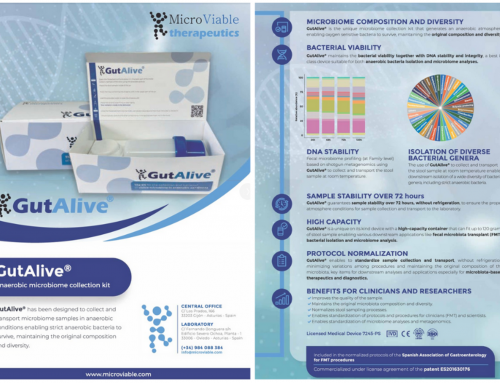The work, led by a joint IPLA-University of Oviedo research group and the company Microviable Therapeutics, with Susana Delgado, from IPLA-CSIC, as the responsible researcher, has managed to identify and select bacteria in the microbiota of professional athletes that could be used as probiotics. The research project is funded by the Government of Asturias, through the Foundation for the Promotion of Applied Scientific Research and Technology in Asturias (FICYT).
The research group has selected and tested certain bacteria with the highest abundance in the intestinal microbiota of professional athletes to see their effect on physical performance in an animal model. These bacteria, isolated from faeces and belonging to the Lachnospiraceae family, are very sensitive to oxygen, so they were cultured and characterised biochemically and genetically in depth in the laboratory for the first time. Subsequently, they were administered to experimental animals to see their physiological effect. Preliminary results have been promising, showing that the animals that received these bacteria as a supplement had improvements in the stress tests they were subjected to. At the same time, differences were found in the gut microbiota of the mice treated with the strains under study compared to the control group of mice, which received only placebo. This indicates that the administration of these bacteria for 15 days prior to exercise changes the intestinal microbial colonisation patterns.
After the completion of this collaborative project, it is time to undertake safety and efficacy studies in humans that will allow further progress in the possible commercial development of these strains as next-generation probiotics for improving physical performance.
Read the full article (spanish) in La Voz de Asturias




